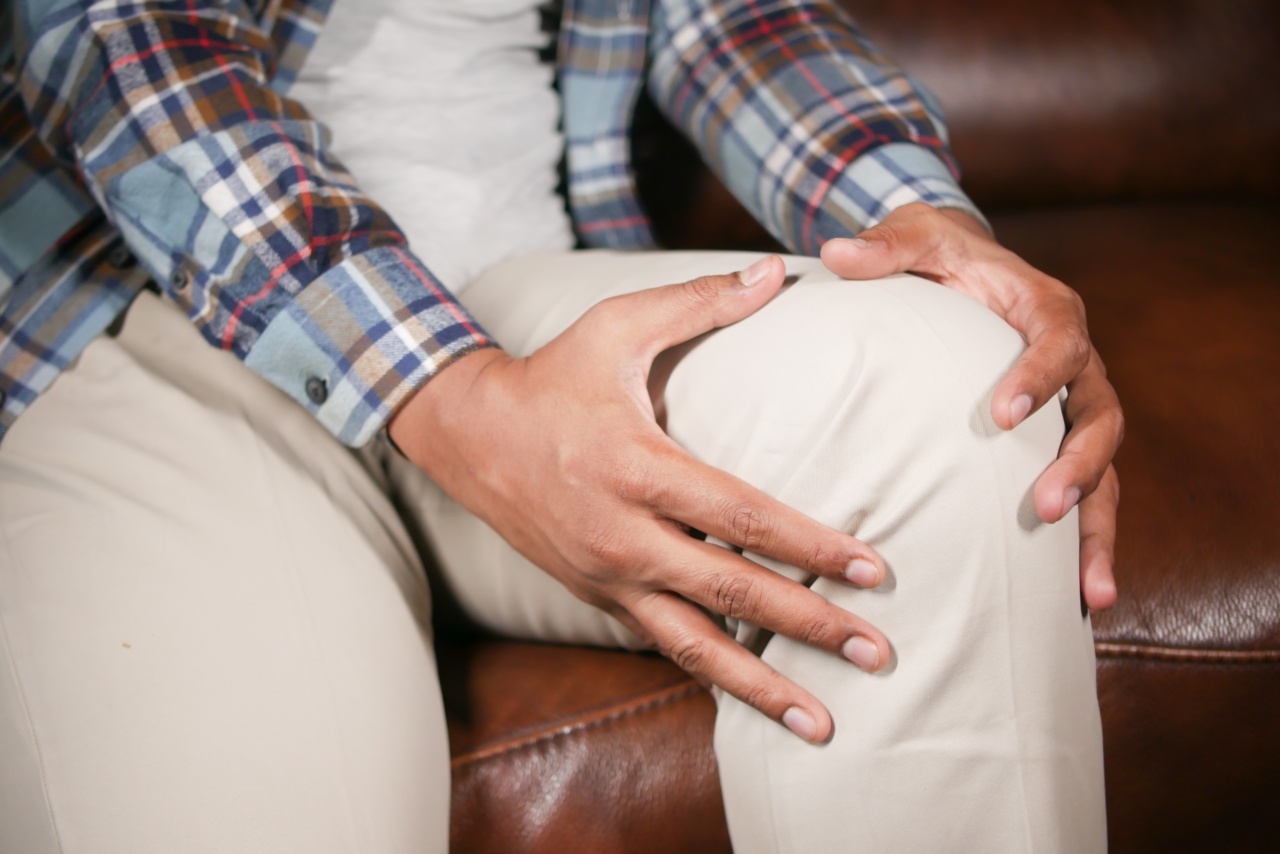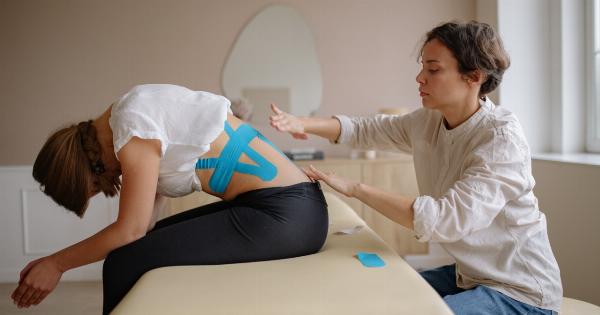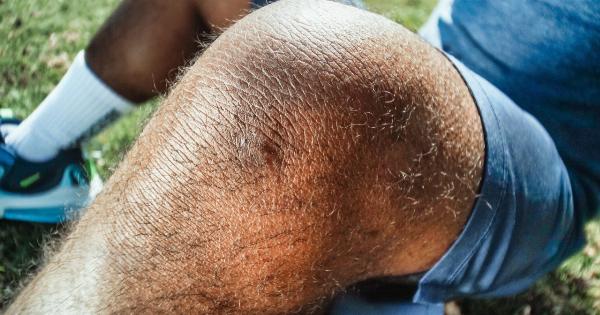When it comes to your overall health, one area that is often overlooked is the health of your knees.
Your knees are crucial for both mobility and stability, but unfortunately, many people do not take proper care of them and end up causing damage without even realizing it.
If you’re concerned about the health of your knees, here are ten ways you may be hurting your knees without knowing it.
1. Wearing improper footwear
One of the most common ways that people hurt their knees is by wearing improper footwear. Shoes that do not offer proper support can cause your knees to twist and turn in unnatural ways, which can lead to pain and damage over time.
Make sure you wear comfortable, supportive shoes that fit well and provide a stable base for your feet.
2. Not stretching before exercise
Another common mistake is not stretching before exercise. This can cause your muscles to be tight and put extra stress on your joints, including your knees.
Before any activity that involves movement, make sure you take the time to properly warm up and stretch your muscles. This will help prevent injury and reduce your risk of knee pain.
3. Being overweight
Carrying excess weight can put a lot of stress on your knees. As you walk, run, or even stand, your knees are responsible for supporting your entire body weight.
If you are overweight, this adds extra pressure to your joints and can lead to knee pain and even injury over time. Maintaining a healthy weight is important for keeping your knees and other joints healthy.
4. Overdoing it with exercise
While exercise is important for overall health, doing too much can be harmful to your knees. Overuse injuries such as tendonitis and bursitis are common in athletes and active individuals.
Make sure you give your body plenty of time to rest and recover between workouts to reduce your risk of overuse injuries in your knees.
5. Not using proper form during exercise
When you exercise, using proper form is crucial for preventing injury and reducing stress on your joints, including your knees.
If you’re not sure how to perform a particular exercise correctly, it’s a good idea to ask a personal trainer or coach for guidance. Proper form can go a long way in keeping your knees and other joints safe and healthy.
6. Ignoring knee pain
If you’re experiencing knee pain, it’s important not to ignore it. Pain is a sign that something is wrong, and if left untreated, it can lead to more serious injury or damage.
If your knee pain persists for more than a few days, make an appointment with a healthcare provider to get it checked out. Early intervention is important for preventing long-term damage to your knees.
7. Sitting for long periods of time
Sitting for long periods of time can put a lot of pressure on your knees and can cause them to become stiff and painful. If you have a desk job or spend a lot of time sitting, it’s important to take regular breaks to stretch and move around.
This will help keep your knees and other joints limber and prevent stiffness and pain.
8. Not cross-training
Many people focus on one type of exercise, such as running or weightlifting, and neglect to cross-train. This can lead to imbalances in your muscles and joints, which can cause pain and injury over time.
Make sure you incorporate a variety of exercises into your routine to improve strength and flexibility in all of your muscles and joints.
9. Using stairs incorrectly
Using stairs incorrectly can put a lot of stress on your knees. When going up or down stairs, make sure you use proper form and take things slow.
Don’t rush up or down the stairs, as this can cause your knee joint to twist or take on too much weight too quickly. Instead, take it steady and use the handrail for support if needed.
10. Tightening your quadriceps too much
Finally, when you’re exercising, it’s important not to tighten your quadriceps (thigh muscles) too much. This can cause your kneecap to become compressed, which can lead to pain and even injury over time.
Make sure you focus on using your entire leg, including your hamstrings and glutes, and avoid over-tightening your quadriceps during exercises like squats and lunges.
If you’re experiencing knee pain or want to take extra precautions to keep your knees healthy, make sure you are aware of these ten ways that you may be hurting your knees without knowing it.
By making small changes to your daily routine and exercise habits, you can keep your knees healthy and pain-free for years to come.






























